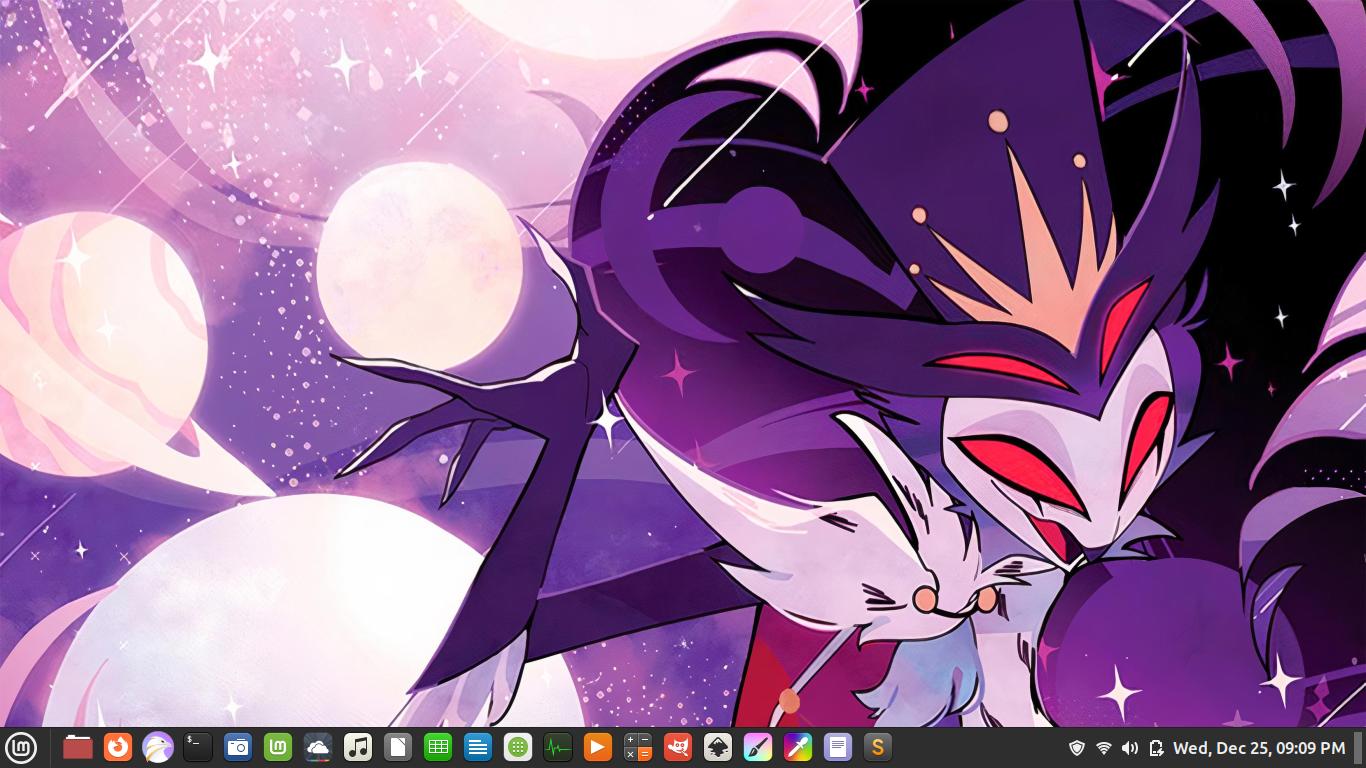this post was submitted on 26 Dec 2024
203 points (92.5% liked)
Linux
49166 readers
660 users here now
From Wikipedia, the free encyclopedia
Linux is a family of open source Unix-like operating systems based on the Linux kernel, an operating system kernel first released on September 17, 1991 by Linus Torvalds. Linux is typically packaged in a Linux distribution (or distro for short).
Distributions include the Linux kernel and supporting system software and libraries, many of which are provided by the GNU Project. Many Linux distributions use the word "Linux" in their name, but the Free Software Foundation uses the name GNU/Linux to emphasize the importance of GNU software, causing some controversy.
Rules
- Posts must be relevant to operating systems running the Linux kernel. GNU/Linux or otherwise.
- No misinformation
- No NSFW content
- No hate speech, bigotry, etc
Related Communities
Community icon by Alpár-Etele Méder, licensed under CC BY 3.0
founded 5 years ago
MODERATORS
you are viewing a single comment's thread
view the rest of the comments
view the rest of the comments

I don't agree. It's just because you're used to drive letters.
I think Linux filesystem is better organised. Everything is (almost) well organised in the right folder.
It might be nicely organized but coming from windows the abbreviations can be downright confusing. For example:
Sure, this might be hyperbole and Windows has its own problems, the two different program files folders coming to mind first. But when you come from an OS where system folders are words instead of abbreviations Linux can be really confusing, especially if you are not that tech-savy.
I agree with you and the confusion which may arise with linux file system's nomenclature if one isn't used to it. However how many non tech-savy people would venture outside of /home? In my experience, a lot of people I know have no idea of what C: is and usually browse trough the usual documents, music, downloads and so on; in this case a user's home folder would virtually give them the same experience. If someone wants to go a little bit deeper, at one point has to understand that we are talking about different OSes and cannot expect everything to be 100% the same and should start learning what those differences are.
Also, nowadays the situation is even worse because young people don't even know what a file is. They just open the apps.
....wait. You forgot /dev
No, no, there's /home and stuff you need not worry about